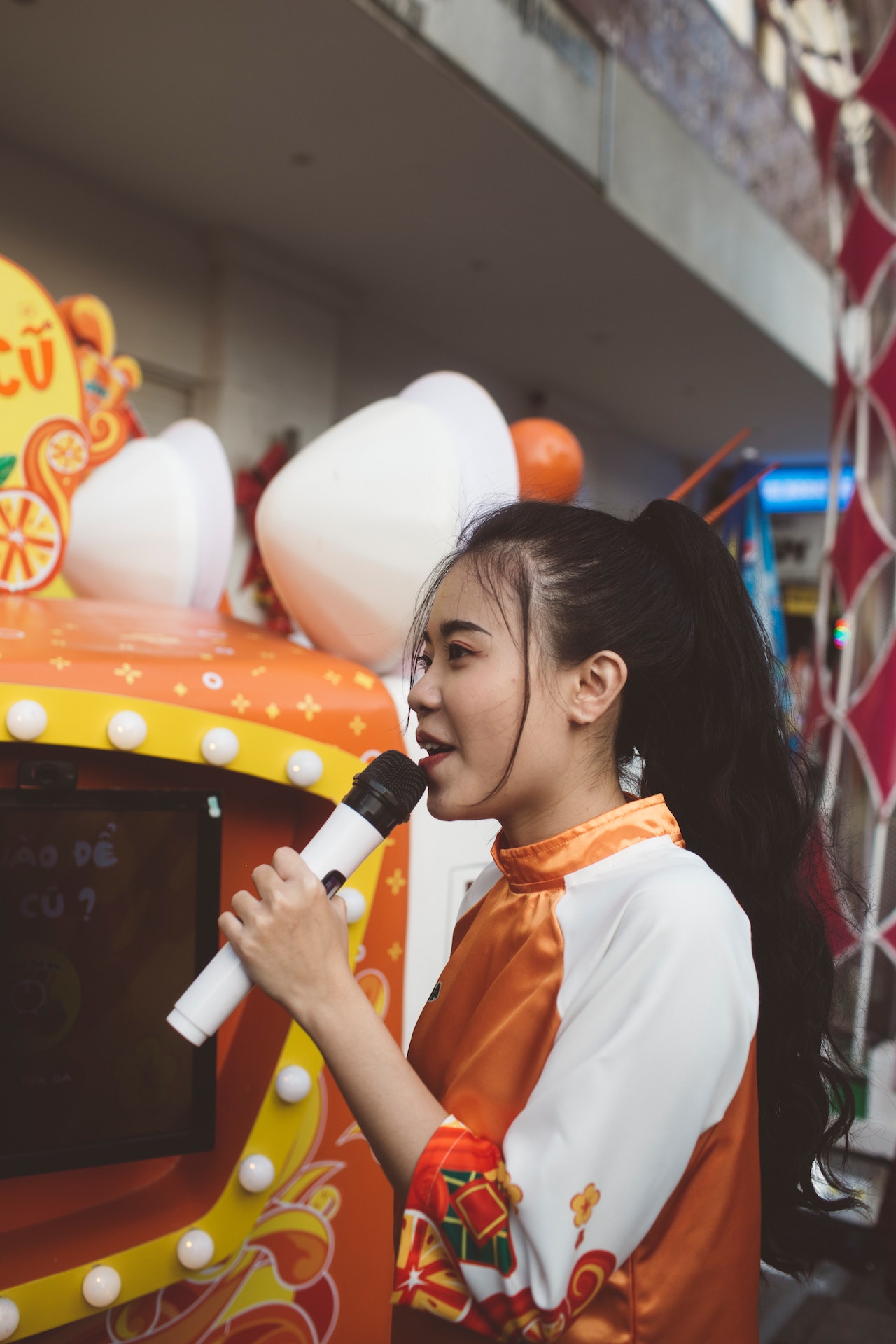Karaoke, the beloved form of entertainment that allows individuals to unleash their inner singing talents, has become an integral part of Chinese culture. With its origins in Japan, karaoke has found a special place in the hearts of the Chinese people, offering a unique blend of musical expression, social bonding, and vibrant nightlife. This article explores the deep connection between the Chinese people and the phenomenon of karaoke, highlighting its cultural significance and widespread popularity.
A Musical Extravaganza
Karaoke, which means “empty orchestra” in Japanese, allows individuals to sing along to instrumental tracks of popular songs while displaying lyrics on a screen. In China, karaoke venues, known as KTV (Karaoke Television), have gained immense popularity across the country. These establishments range from small rooms for intimate gatherings to large entertainment complexes offering a diverse range of song choices and state-of-the-art sound systems.

Socializing and Bonding
Karaoke serves as a social catalyst, bringing people together for a memorable and entertaining experience. Whether with family, friends, or colleagues, Chinese people often flock to KTV venues to celebrate special occasions, unwind after a long day, or simply enjoy each other’s company. The lively atmosphere and shared musical performances foster a sense of camaraderie, creating cherished memories and strengthening social bonds.
Stress Relief and Self-Expression
Karaoke provides a platform for Chinese individuals to relieve stress, express their emotions, and showcase their singing abilities. In a society known for its fast-paced lifestyle and demanding work culture, karaoke serves as a therapeutic outlet, allowing people to unwind, let loose, and unleash their creativity. It offers an opportunity for self-expression, boosting confidence and promoting personal growth.
Cultural Icons and Music Legends
Chinese karaoke enthusiasts are well-versed in an array of popular songs, both Chinese and international. Iconic ballads by legendary Chinese singers like Teresa Teng and Faye Wong are frequently sung, evoking nostalgia and emotional connections. Moreover, Western pop songs have also gained immense popularity, with Chinese singers performing renditions of popular hits from artists like Mariah Carey, Whitney Houston, and the Beatles.
Technological Advancements
The digital age has revolutionized the karaoke experience in China. Modern KTV venues offer advanced audiovisual systems, touch-screen interfaces, and extensive song libraries, catering to diverse musical preferences. Additionally, smartphone apps have made karaoke accessible to anyone, anytime, with virtual platforms allowing users to sing and share performances online, further amplifying the karaoke culture across the nation.

Karaoke has evolved from a simple form of entertainment to a cultural phenomenon deeply ingrained in the lives of the Chinese people. Its ability to foster social connections, provide a creative outlet, and bring joy to individuals has made karaoke an essential part of Chinese culture. As this beloved tradition continues to flourish, it exemplifies the harmonious blend of music, technology, and communal spirit that resonates throughout Chinese society. Whether in the vibrant KTV venues or through virtual platforms, karaoke will undoubtedly remain an enduring symbol of shared joy and celebration for the Chinese people.
